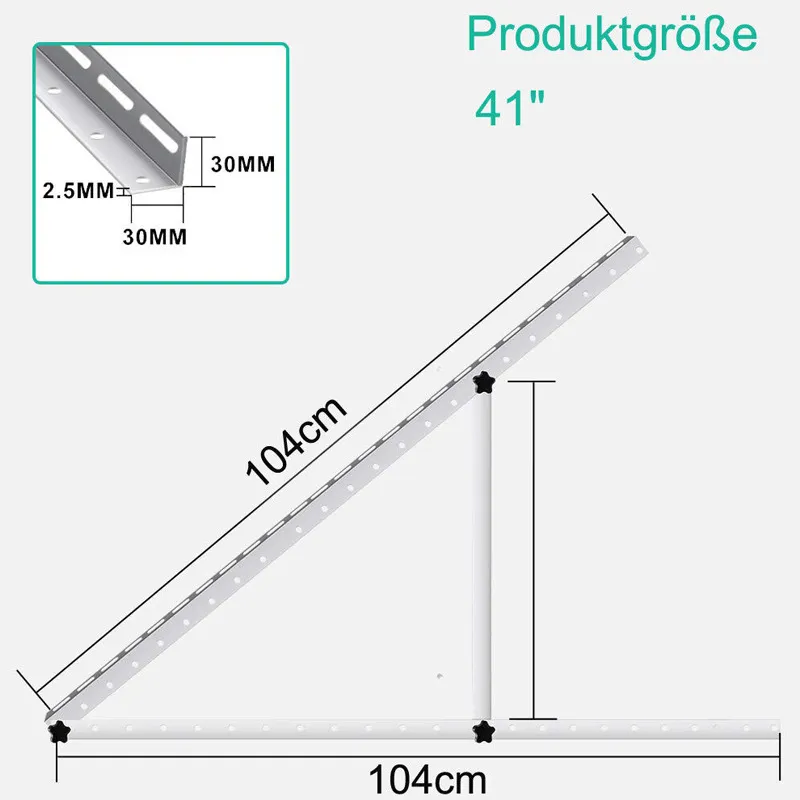

Mieto teräspultti
Aug . 26, 2024 14:09 Back to list
Mieto teräspultti
Mild steel stud bolts, which are used extensively in various applications, are an essential component in the engineering and construction sectors. These bolts are typically made from low-carbon steel, which makes them both strong and ductile. Their versatility allows them to be used in a wide range of environments, from residential buildings to heavy industrial machinery.
Mild steel studs are particularly favored for their affordability and ease of use. The low carbon content provides adequate strength for many applications while allowing the bolts to be manufactured in various shapes and sizes. This customization enables engineers and builders to select the right type of stud bolt for specific tasks or projects, optimizing safety and performance.
The production of mild steel stud bolts involves several key processes, including forging, machining, and heat treatment. Forging helps improve the grain structure of the steel, ultimately enhancing its strength and durability. Machining allows for precise dimensions and threads, ensuring that the bolts fit securely into place. Heat treatment can also be applied to improve wear resistance and overall mechanical properties.
mild steel stud bolt

In construction, stud bolts are commonly used to secure structural components together, such as beams, columns, and other load-bearing elements
. Their reliable fastening capability ensures that structures can withstand various loads and environmental conditions. In industrial applications, mild steel stud bolts are utilized in machinery assemblies, holding critical components in place to prevent failure during operation.However, while mild steel stud bolts offer numerous advantages, they are also susceptible to corrosion. If exposed to moisture and harsh environments, the steel can rust, compromising the integrity of the fasteners. To combat this, many manufacturers apply protective coatings, such as galvanization or paint, to enhance corrosion resistance and extend the lifespan of the bolts.
In summary, mild steel stud bolts represent a crucial element within the fields of construction and manufacturing. Their combination of strength, versatility, and cost-effectiveness makes them a popular choice for many applications. With proper care and protective measures, these fasteners can perform reliably in a variety of settings, underscoring their importance in modern engineering practices. As industries evolve and demand new solutions, the role of mild steel stud bolts will continue to be significant, adapting to meet the challenges of today's construction and industrial environments.
Latest news
-
Hot Dip Galvanized Bolts-About LongZe|High Strength, Corrosion Resistance
NewsJul.30,2025
-
High-Strength Hot Dip Galvanized Bolts - Hebei Longze | Corrosion Resistance, Customization
NewsJul.30,2025
-
Hot Dip Galvanized Bolts-Hebei Longze|Corrosion Resistance&High Strength
NewsJul.30,2025
-
High-Strength Hot-Dip Galvanized Bolts-Hebei Longze|Corrosion Resistance&High Strength
NewsJul.30,2025
-
Hot Dip Galvanized Bolts-Hebei Longze|Corrosion Resistance&High Strength
NewsJul.30,2025
-
Hot Dip Galvanized Bolts - Hebei Longze | Corrosion Resistance, High Strength
NewsJul.30,2025

